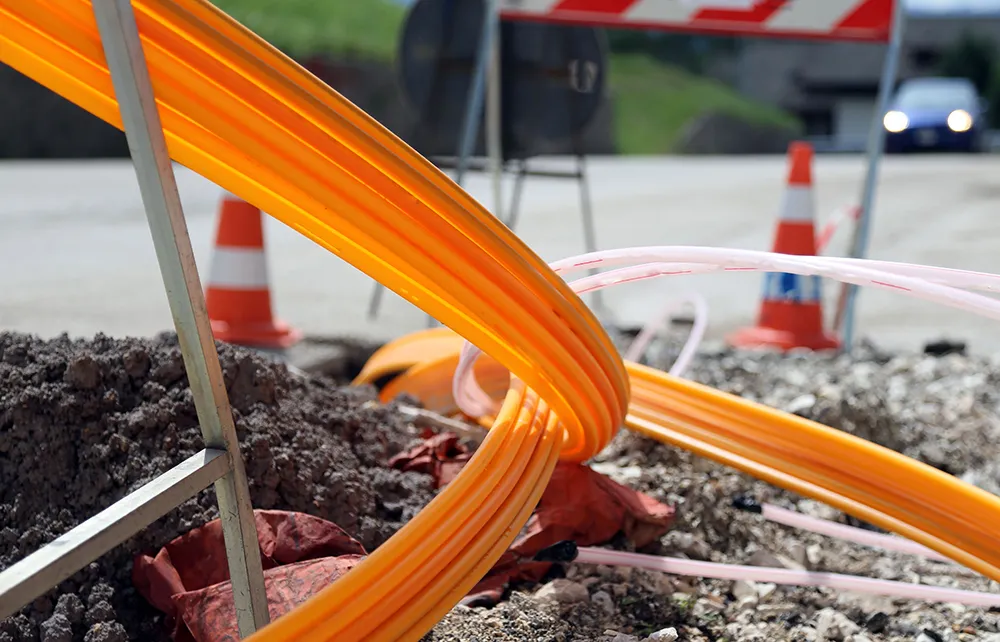Within the next two years, Hong Kong plans to deploy a new pollution detection system based on ultraviolet and infrared sensors to measure carbon monoxide, nitrogen oxides, and hydrocarbon concentrations in exhaust fumes from LPG and petrol-powered vehicles. The detectors will be portable and located at five different areas daily. Some 100 streets and roads have been shortlisted by environment officials for the devices, which will also record the speed and registration number of vehicles and photograph them
May 1, 2012
Read time: 1 min
Within the next two years, Hong Kong plans to deploy a new pollution detection system based on ultraviolet and infrared sensors to measure carbon monoxide, nitrogen oxides, and hydrocarbon concentrations in exhaust fumes from LPG and petrol-powered vehicles. The detectors will be portable and located at five different areas daily. Some 100 streets and roads have been shortlisted by environment officials for the devices, which will also record the speed and registration number of vehicles and photograph them. A one-off subsidy allocation of US$19.27 million has been announced by the government to enable minibus and taxi operators to change their vehicles' catalytic converters in 2012, before the enforcement programme begins.









